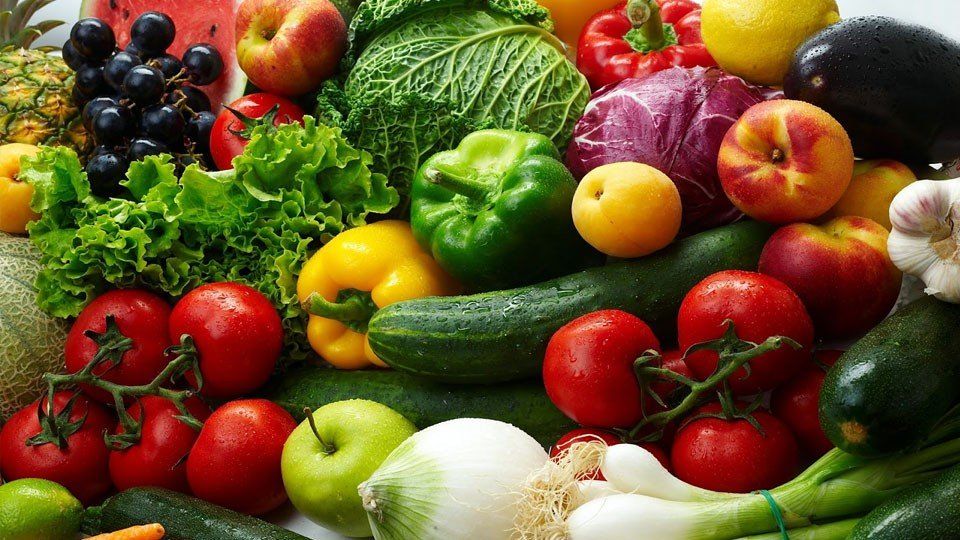Nutrient Types
Vegetative and Generative Nutrient Stages
There are many different styles and types of plant nutrition available that are designed to suit different growing methods. Some of the most common growth methods are using hydroponics, coco coir or soil and the nutrients can come all-in-one or as two-part or three-part solutions. The choice depends on how much control the grower desires.
There are two different stages of development for plants and these are vegetative and generative. Some plants progress through both and others just one. The vegetative stage is from a seedling to a fully mature plant and the generative stage is where a plant blooms by flowering and producing seeds. Leafy plants such as lettuce are those that only pass through the vegetative stage.
Nutrients are available for different growth stages and can be referred to as 'grow' or 'bloom' nutrients for the vegetating and flowering. Nutrients for the grow stage contain extra nitrogen to help with the vegetation.
For plants that flower, bloom nutrients that have extra phosphorous are used as this helps with the development of flowers and seeds.
Different chemical formulas will be used in nutrients to account for 'hard' or 'soft' water areas. In some areas the water contains a lot of calcium and bicarbonate and this is known as 'hard water'. As a result of this there are some nutrients that are unavailable to plants so by using a hard water nutrient mix this is compensated for.
The hardness or softness of the water in your area is a measure of how alkaline the water is. This can be easily measured with a pH meter and the higher the pH the harder the water is in the area. Checking the pH of the water is certain a key factor before commencing your growth and pH meters
can be found here
Some of the key elements to look for in your nutrients are
- Nitrogen (N)
- Manganese (Mn)
- Copper (Cu)
- Zinc (Zn)
- Molybdate (Mo)
- Boron (B)
- Chlorine (Cl)
- Potassium (K)
- Phosphorus (P)
- Calcium (Ca)
- Magnesium (Mg)
- Sulphur (S)
- Iron (Fe)


